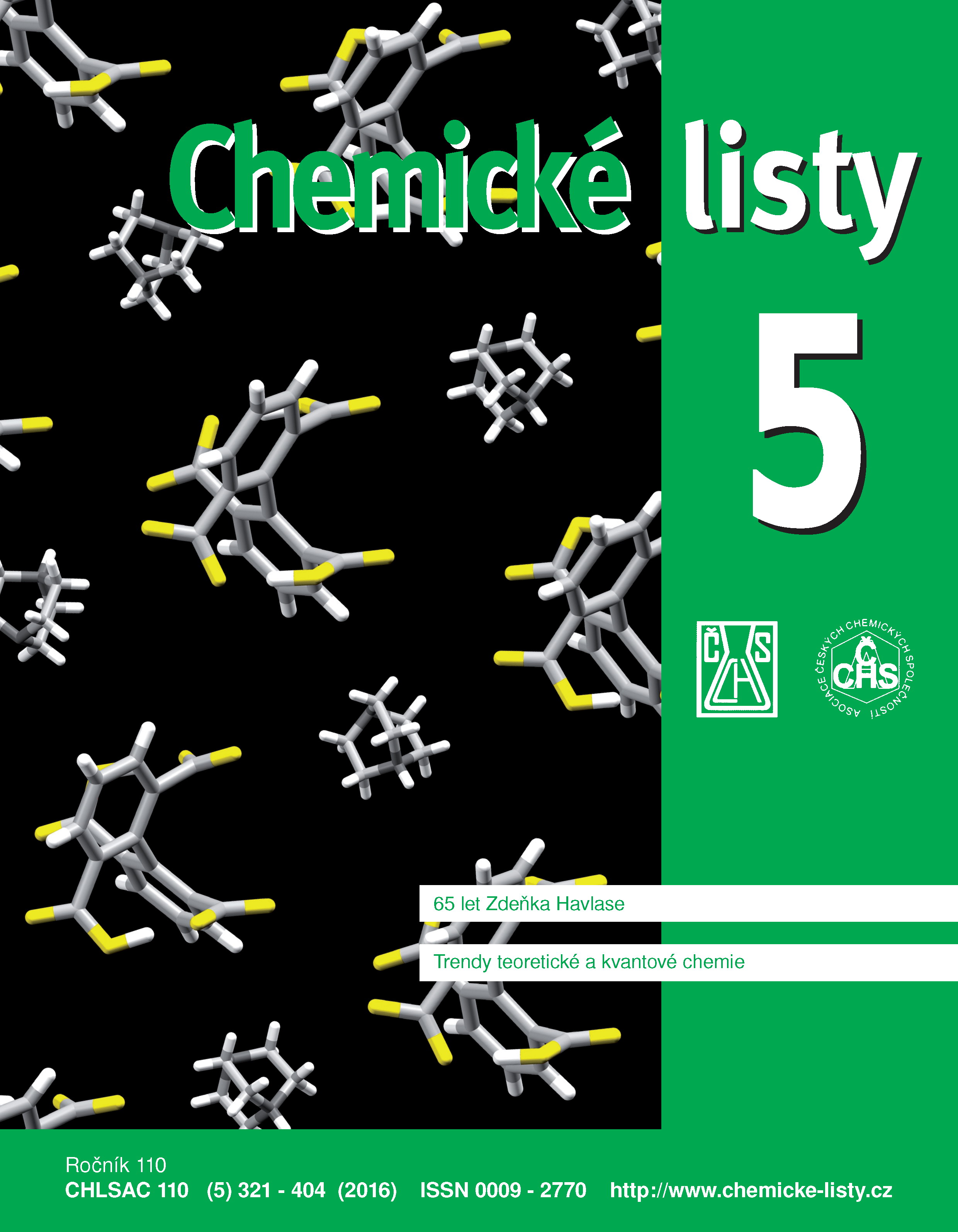Why Does Sodium Explode in Water?
Keywords:
alkali metals, water, Coulomb explosion, ultrafast camera, molecular dynamicsAbstract
Throwing a piece of sodium into water is a dangerous but popular experiment demonstrating an explosive chemical reaction. Every chemistry teacher knows that, during the explosion, heat is released while electrons move from the metal to water generating water vapor, hydroxide, and hydrogen which can ignite. Gases generated at the interface between the metal and water should, however, separate the reactants and thus quench the explosion. How is it possible that the explosion can nevertheless take place? Thanks to pictures from an ultrafast camera and molecular simulations we found a hitherto unknown primary mechanism of the explosive reaction of alkali metals in water. When the electrons move from the metal to water, the former acquires a large positive charge. Repulsion between these charges leads to a Coulomb explosion with metal spikes shooting into water. This leads to effective mixing of reactants enabling thus the explosion.





